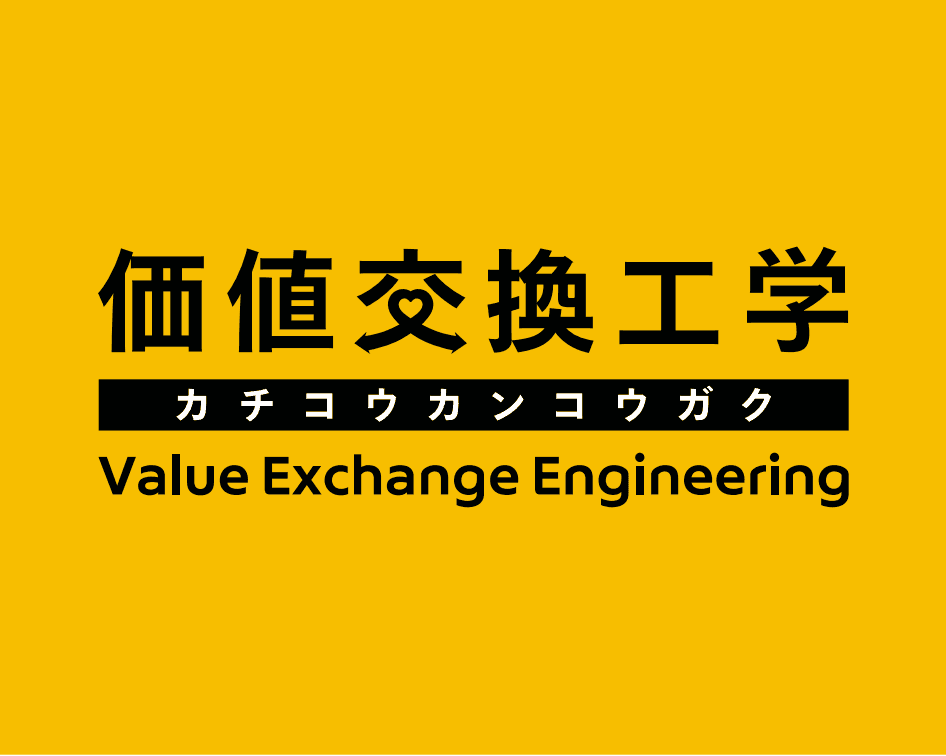Dami Moon (Project Researcher, Department of Urban Engineering, Graduate School of Engineering), a member of Value Exchange Engineering, a comprehensive partnership project between Mercari and the University of Tokyo, published a paper titled “Promoting sustainable practices: Exploring secondhand clothing consumption patterns and reductions in greenhouse gas emissions in Japan” in Volume 45 of the journal “Sustainable Production and Consumption”.
Visit the link below to read the paper.
https://doi.org/10.1016/j.spc.2024.01.007
Abstract (excerpt from paper)
The rise of online flea markets in Japan has expanded access to secondhand products. Despite this expansion and the increasing recognition of the need for sustainable consumption, there remains a notable constraint on consumer acceptance of pre-owned items. Thus, this study emphasizes the utility of secondhand product usage in a context where consumer acceptance of pre-owned items is limited despite the recognized sustainability necessity.
Additionally, it aims to investigate secondhand clothing-utilization patterns among users, estimate the environmental potential reduction, and assess their contribution to sustainable consumption. Conducted on users of the Japanese online flea market platform, Mercari (sellers: n = 13,325, buyers: n = 9985), the study quantified the potential reduction in greenhouse gas (GHG) emissions by reusing secondhand clothing.
Utilizing a survey, the key findings revealed distinct reuse characteristics for different items, confirming extended product lifespan even for those in poor condition. Moreover, secondhand products were used more frequently than new ones, and buyers exhibited less concern about potential damage. The displacement rate of secondhand for new clothing did not significantly decrease with worsening product condition.
The study estimated a potential 9.6 thousand tons of carbon dioxide equivalents (ton-CO2eq) reduction under the assumption of 10 million secondhand clothing items replacing new ones. This study proposes the feasibility of utilizing secondhand items and their potential contribution to environmental conservation in consumption. Further, it establishes the theoretical foundation necessary to articulate the environmental significance of secondhand products. Simultaneously, it provides valuable insights into the broader implications of sustainable consumption practices.
Comments by Dami Moon
The consumption of secondhand products is positioned as one of the ways of creating a sustainable consumption system by using the circular economy, a concept born from reflecting on the social system of mass production, consumption, and disposal.
This study focuses on the consumption of secondhand products as an alternative to new products within the frame of two research questions: “How are secondhand products typically used compared with new ones?” and “Does substituting secondhand products for new ones reduce environmental emissions?”
Going forward, I intend to take on a comprehensive analysis of the potential increase in consumption driven by the economic benefits of acquiring secondhand products and subsequent environmental and economic ripple effects. I believe such research can prove useful for proposing concrete mechanisms for the consumption of secondhand products that can contribute to realizing sustainable systems of consumption.
Note: See the following article for more information about this research project.
- Value Exchange Engineering, a comprehensive partnership project between Mercari and the University of Tokyo: https://www.riise.u-tokyo.ac.jp/en/research_programs/vxe
Note: For any inquiries regarding this research, please use contact form on R4D’s website.
